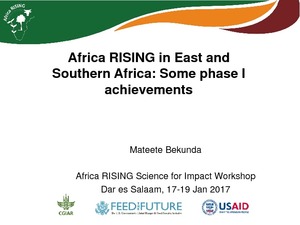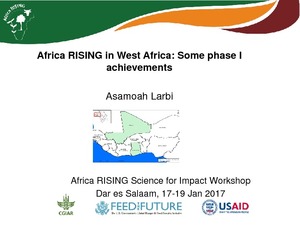Ministerial Decree № 10 on land categorization and change in category of land.
This Decree sets forth provisions on land classification, cadastral information system, change in the category of agricultural land and pastures, change in the category of lands affected by radioactive and chemical contamination and degraded by natural hazards, expansion of lands in forests and protected areas, and the procedures and principles for the change in the category of land.










